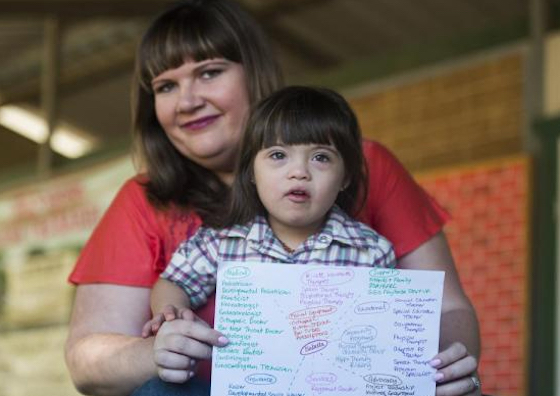Guest author, Allison Gray, MA, from the Lucile Packard Foundation for Children’s Health, shares how a more family-centered and coordinated system of health care can ease the family experience.
Core to the Maternal and Child Health Bureau’s definition of children with special health care needs (CSHCN) is the need for care “beyond that required by children generally.” While it is understood that this means more doctor’s appointments, therapies, services, hospitalizations, and potentially a need for additional in-home care for the child, the impact on parents, caregivers, and families often is overlooked. Parents strive to do everything they can to ensure the best care for their child. In addition to day-to-day care, they are faced with navigating a fragmented system, coordinating across multiple providers who do not communicate with one another, and figuring out confusing health insurance policies and payments among other tasks on a long to-do list. Many of the challenges families face are due to shortfalls in our complex health care system. Read more.
Additional Resources
In California, 14% of children have a special health care need. Kidsdata released updated data on children with special health care needs that describe their characteristics, access to services, level of insurance coverage, and quality of their care. The data also describe the impact of having a special health care need on children and families.
Recently Released Data about Children with Special Health Care Needs and Childhood Adversity.

